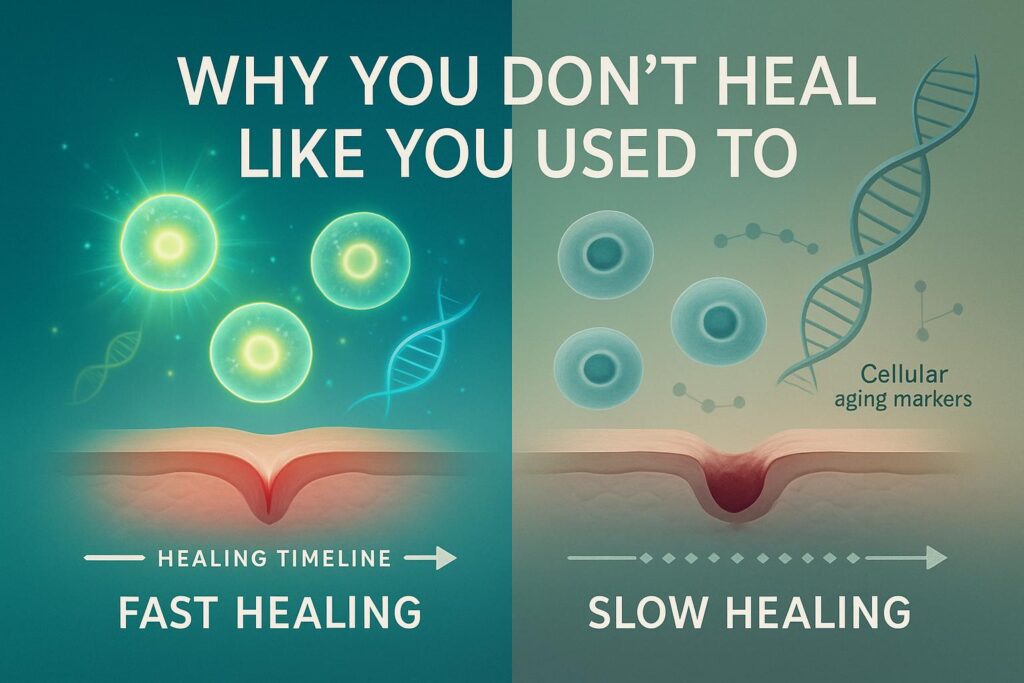Parkinson’s disease is a progressive neurological disorder that affects millions of people around the world. While there currently is no cure, advances in stem cell research have offered new hope for those living with this chronic condition.
In this blog post, we will delve into the potential benefits and risks associated with stem cell treatments for Parkinson’s disease. We will discuss current research and explore the potential impact stem cells may have on improving the quality of life for those living with Parkinson’s.
Understanding What is Parkinson’s disease
Parkinson’s disease is a neurological disorder that affects an individual’s movement and coordination. The cause of Parkinson’s disease is unknown, but it is believed to be a result of a combination of genetic and environmental factors.
The symptoms of Parkinson’s disease can vary from person to person, but often include tremors, rigidity, slowness of movement, and problems with balance and coordination.
Parkinson’s disease is diagnosed through a medical history and physical examination, as well as neurological testing. No one test can definitively diagnose Parkinson’s disease. There is no cure for Parkinson’s disease, but there are treatments available that can help manage the symptoms.
Understanding the Impact of Stem Cells on Parkinson’s Disease
Stem cells offer exciting potential for treating Parkinson’s disease. Stem cells can develop into different kinds of cells in the body and can be used to replace damaged or diseased cells.
Research has shown that stem cell therapy may help reduce inflammation and encourage the growth of new nerve cells and pathways in the brain, which could lessen the symptoms of Parkinson’s disease.
While there is still a lot of research that needs to be done, some studies have shown promising results in animal models and clinical trials are currently underway. Still, scientists are cautioning that no guarantee that stem cell therapy will work for everyone with Parkinson’s disease. It is important to speak with your doctor about any potential treatment and discuss any risks associated with it before starting any new therapies.
Possible Side Effects of Stem Cell Treatments
While stem cell therapy is still in the early stages of research, there are potential side effects that need to be considered. Some of the possible risks associated with stem cell therapy include infection, bleeding, swelling, and nerve damage.
Additionally, there is a risk that the stem cells could form tumors if they are not controlled properly. More research is needed to assess the risks and benefits of stem cell therapy for Parkinson’s disease. As with any new treatment, it is important to speak with your doctor about the potential risks and benefits before starting any new therapies.
Where Can People Find More Information?
If you are considering stem cell therapy for Parkinson’s disease, it is important to speak with your doctor to learn more about the potential risks and benefits.
Several online resources provide more information on the topic. The National Institutes of Health (NIH) website offers research summaries, clinical trials, and other educational materials on stem cells and Parkinson’s disease.
Additionally, there are many organizations dedicated to raising awareness and providing support for those living with Parkinson’s disease that can provide additional resources on stem cell therapy.
Overall, stem cell therapy has the potential to be a promising treatment option for Parkinson’s disease, however, it is important to understand the risks and benefits associated with this potentially groundbreaking therapy before making any treatment decisions. It is always recommended to speak with your doctor to make an informed decision and find the best course of action for yourself.



